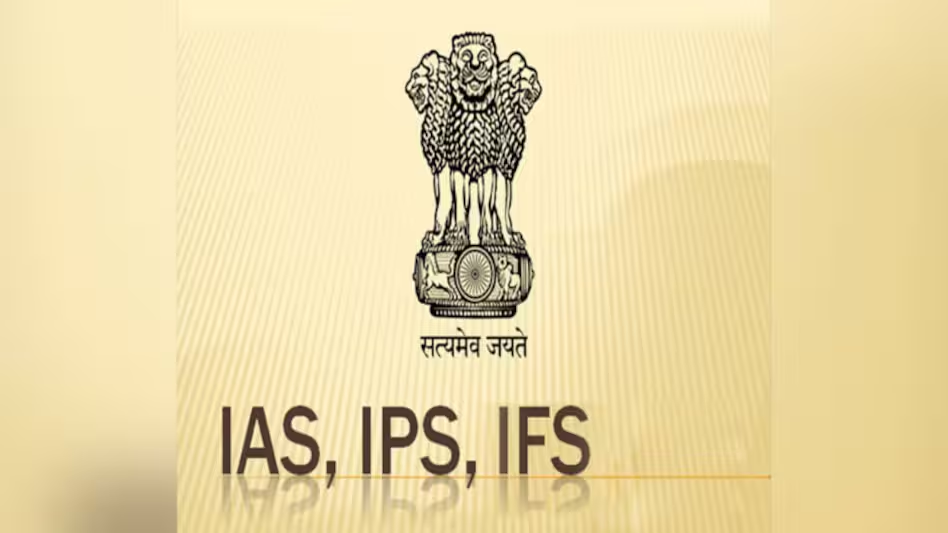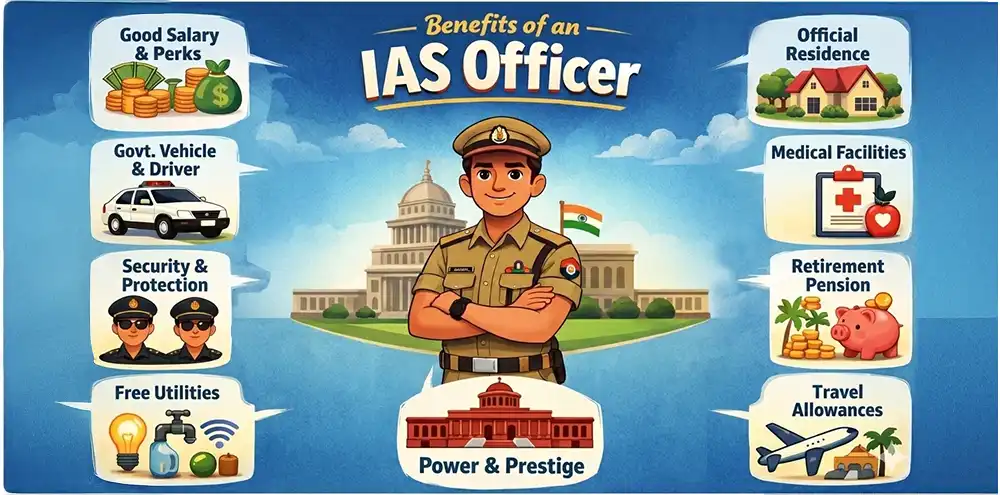Governance and Oversight of SEBI: A Critique for Reform
This essay talks about K P Krishnan’s article “A Checks and Balances Challenge” from Business Standard, published in Business Standard on September 20, 2024. It explains that the Securities and Exchange Board of India (SEBI) is very important and powerful in India’s financial system. However, it also points out a big problem: SEBI has too much control because it handles making rules, enforcing them, and judging whether they are followed. This lack of checks raises worries about how open and fair SEBI is. The essay says that the current ways of keeping SEBI in check, like having Parliament watch over it and doing audits, are not enough. It calls for changes to make sure SEBI works in a way that protects the public, stays transparent, and follows good governance rules.
Introduction
K P Krishnan discusses how Statutory Regulatory Authorities (SRAs) in India, especially the Securities and Exchange Board of India (SEBI), are governed and kept in check. SEBI has a special role in India’s financial system because it makes rules, enforces them, and decides if they are followed, all by itself. This is different from how most democratic systems work, where these powers are kept separate. SEBI’s large amount of control has made it very powerful, but it has also raised worries about how fair and open it is. Recently, SEBI has faced criticism for how it handled important financial cases, like those involving insider trading and corporate governance. These problems show that the current ways of keeping SEBI in check are not working well enough, and that changes are needed to make SEBI more transparent and accountable. This essay looks at the issues SEBI faces and the solutions suggested by Krishnan, while also thinking about how these problems affect India’s entire financial system.
SEBI’s Unique Role and Powers
SEBI is very powerful in India’s financial system because it has three important jobs: it makes rules (legislative role), enforces them (executive role), and punishes those who break them (judicial role). This is different from most democratic systems, where these powers are kept separate so that no one group has too much control.
Krishnan explains that while SEBI’s setup makes it strong and able to act quickly, it also brings risks. Without proper checks and balances, SEBI might misuse its power or not act fairly. For example, SEBI’s decisions, especially when it punishes people, do not always get reviewed by outside groups, which can lead to unfair results. The lack of strong oversight over SEBI’s actions, especially in making and enforcing rules, can create conflicts of interest and possible abuse of power.
Weaknesses in Oversight Mechanisms
One major problem mentioned in the article is that the current ways of keeping an eye on SEBI’s actions are weak. One important tool to hold SEBI accountable is parliamentary oversight, but it has not worked well. Krishnan points out that in the last 20 years, parliamentary committees have looked at only a small number of the many rules SEBI has made. This lack of review lets SEBI work without much outside accountability.
Besides weak parliamentary oversight, SEBI’s yearly reports and the audits done by the Comptroller and Auditor General (CAG) do not do enough. These reports are meant to show how well SEBI is doing, but they mostly focus on whether SEBI is handling its money properly, not on how well it is making decisions or regulating the financial system. The CAG rarely looks at how SEBI makes decisions or how effective its actions are. Because of this, important questions about SEBI’s fairness and efficiency remain unanswered.
Without strong and independent performance audits, there is a gap in how SEBI is checked. Financial audits make sure SEBI is spending its money right, but they do not ask whether SEBI’s actions help the public or if it is meeting its goals as a regulator. This has made people worry more about whether SEBI can handle complex financial cases fairly and effectively.
Governing Board and Internal Oversight
Another important issue raised in Krishnan’s article is how SEBI’s governing board is made up and how it works. The board is supposed to keep an eye on SEBI’s executive functions, but in reality, it often does not do this well. Krishnan explains that the board usually consists of internal members or government officials who are unlikely to question SEBI’s decisions. Ideally, the board should have more independent members who are not connected to SEBI or the government, as they would be better able to critically review SEBI’s actions.
Right now, the chairperson of SEBI has a lot of power, often making decisions with little input from the board. This concentration of power in one person weakens the effectiveness of internal checks and balances. It also creates a gap between the high governance standards SEBI expects from the companies it regulates and how SEBI itself is run. For example, SEBI asks listed companies to have independent directors on their boards, but SEBI’s own board lacks such independent members, leading to a difference in governance standards.
Recent Controversies and Public Criticism
Concerns about how SEBI is governed have become more serious due to recent controversies involving the regulator. SEBI has been criticised by the public for how it handled several important financial cases, including accusations of insider trading and corporate governance problems. In many of these cases, people have questioned SEBI’s actions, saying it was not transparent enough or did not act in the public’s best interest.
These controversies bring attention to the very problems Krishnan talks about in his article. Without strong checks and balances, SEBI’s decisions can have big effects on India’s financial markets. When SEBI’s actions are not carefully reviewed, it becomes hard to trust that the regulator is being fair and doing its job well. This lack of trust can weaken public confidence in the financial system, which is very important for keeping the markets stable and working properly.
Recommendations for Strengthening Oversight
To fix the governance problems SEBI and other Statutory Regulatory Authorities (SRAs) in India are facing, Krishnan suggests several solutions, both directly and indirectly.
Explicit Recommendations:
- Enhance Parliamentary Scrutiny: Krishnan clearly suggests that parliamentary committees, especially the Public Accounts Committee (PAC) and other finance-related groups, should do a better job of keeping an eye on SRAs.
- Improve SEBI and SRA Reporting: He calls for more detailed reports from the Comptroller and Auditor General (CAG) and SRAs like SEBI. Instead of focusing only on whether money is being spent properly, these reports should also look at how well SRAs are performing and achieving their goals.
- Create a New Parliamentary Oversight Committee: Krishnan revisits an old idea by former Finance Minister Yashwant Sinha to create a new parliamentary committee that would focus only on monitoring SRAs. This committee would become experts in overseeing and auditing these regulators.
Implicit Recommendations:
- Strengthen the Role of Governing Boards: Krishnan hints that the governing boards of SRAs should be reformed. They need more independent members, like private citizens, and should have stricter oversight powers to prevent too much power from being concentrated in one person, like the chairperson.
- Align Governance Standards: There is an implied suggestion to make SRAs follow the same high governance standards they demand from the companies and banks they regulate. Right now, there is a gap in how SEBI is run compared to how it expects others to be run.
- Increase Legislative Review of SRA Regulations: Krishnan indirectly suggests that parliamentary committees should review not only the formal regulations but also other legal tools and directives that SRAs issue, which often do not get enough attention.
- Ensure More In-depth PAC Oversight: He hints that when the PAC reviews SRAs, it should go beyond basic checks and look at deeper issues. This means focusing not just on financial transparency but also on how well SRAs are functioning.
These recommendations aim to solve the special challenges SRAs face in India, especially because they do not follow the usual separation of powers and need better checks and balances.
Challenges to Implementing Reforms
While these recommendations are important, Krishnan admits that putting them into action will not be easy. Reforming SEBI’s governance and oversight systems will need strong political will, and there might be pushback from those who benefit from the way things are now. Also, creating a new parliamentary committee to oversee SRAs would take time and resources to develop the necessary expertise. Despite these difficulties, these changes are necessary to ensure SEBI and other SRAs are held accountable for what they do.
Another challenge is keeping public pressure on SEBI to stay transparent and accountable. Without constant attention from the public and the media, regulatory bodies like SEBI can easily continue without enough checks and balances. Public involvement and awareness are very important to push for the reforms that will improve how SRAs work.
Conclusion
K P Krishnan’s article takes a close look at the governance problems faced by SEBI and other SRAs in India. By having the power to make rules, enforce them, and judge cases all in one body, SEBI has become a strong regulator. However, this setup has also led to criticism, as SEBI is often seen as lacking transparency and accountability. Weak parliamentary oversight, poor performance audits, and a lack of independent governance are all part of SEBI’s governance issues.
Krishnan’s suggestions for fixing these problems—such as improving parliamentary oversight, conducting more thorough audits, and reforming SEBI’s governing board—are key to making SEBI more accountable. However, putting these changes into action will take a lot of effort and political will. Strengthening SEBI’s governance is important to keep public trust in India’s financial system and to ensure that it acts in the public’s best interest.


